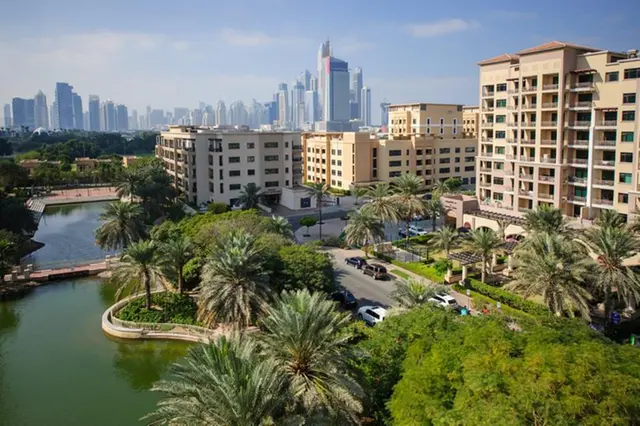The Dubai property market continues to attract HNWIs and foreign investors with its ultra-luxury properties. Three of the world’s most expensive properties sold in 2022 were located in Dubai, according to the Zoom Property Insights.
The Insights data further revealed that all three villas were located in Palm Jumeirah, which continues to be the preferred choice of ultra-rich investors and HNWIs in Dubai. It accounted for 30 per cent of the total real estate transactions in the luxury market segment (AED 20 million and above) in 2022.
Besides Palm Jumeirah, Jumeirah Beach Residence and Emirates Hills are other notable areas for ultra-luxury properties in Dubai. Tilal Al Ghaf has also emerged as one of the most demanded communities in Dubai this year for prime properties.
Ata Shobeiry, CEO of Zoom Property, is of the view that the prices of ultra-luxury property will increase further in 2023.
He said, “Supported by the rising demand from HNWIs, end-users, and foreign investors, the prime property sector, and the Dubai property market, on the whole, continues to cruise. The emirate’s economic growth is also contributing to the success of its real estate as it presents itself as a safe option for investors.”
Most expensive properties sold in 2023
Apartments
According to the Zoom Property Insights, the highest deal for luxury apartments was closed in Bulgari Lighthouse, Dubai, Island 2 for AED 410 million. The development recorded another transaction for a luxury apartment costing AED 119 million.
It was followed by Aire Dubai, Al Wasl (AED 119 million), One Canal, Dubai Water Canal (AED 73 million), and Aire Dubai, Al Wasl (AED 62 million).
Villas
The iconic destination Palm Jumeirah has recorded two transactions for luxury villas valuing AED 125 million and AED 183 million to date. Other areas where luxury properties were sold include Tilal Al Ghaf (AED 90.1 million), and Emirates Living (AED 70 million and AED 45 million).
“The tight supply and shortage of residential units in the luxury segment may slow things down, and there could be a reduced number of transactions,” Shobeiry concluded.

